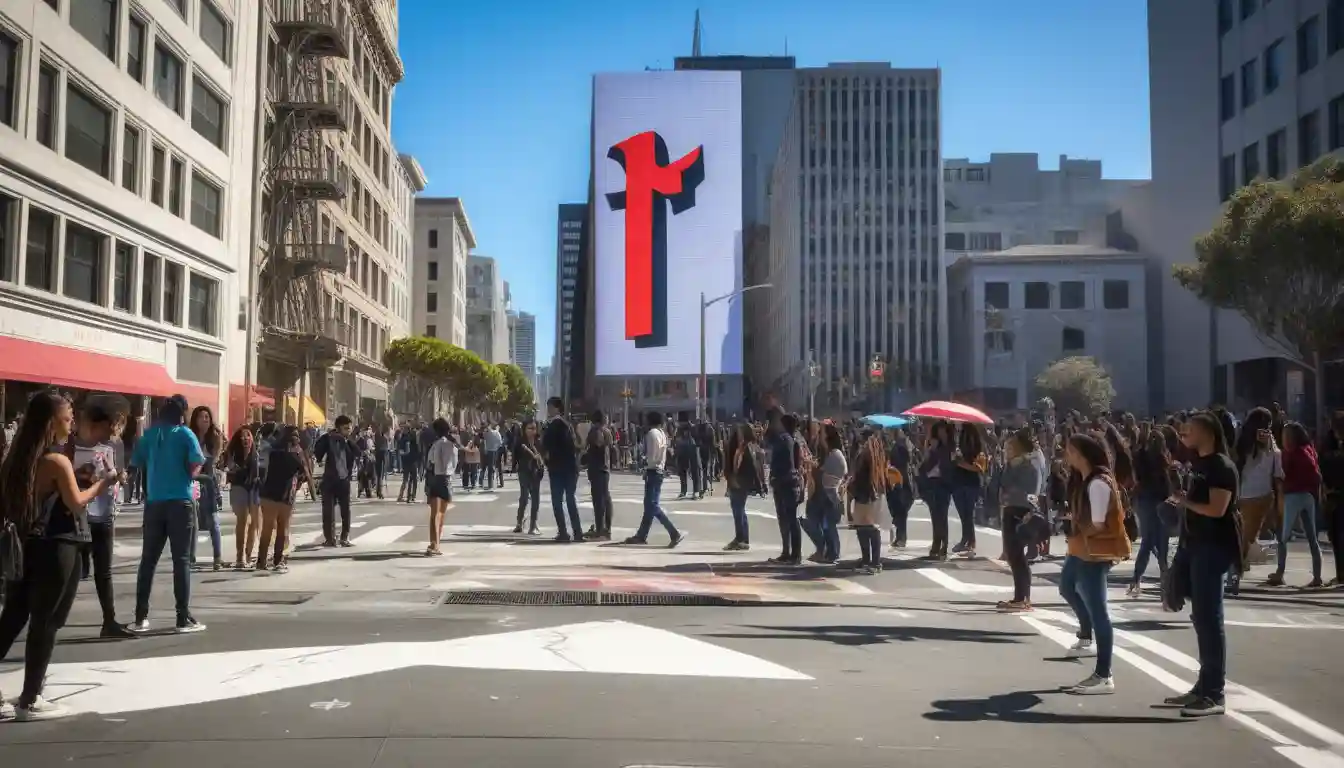TikTok Stays Alive as Trump Reshapes Who Holds the Reins
Oracle Leads New Consortium, White House Claims Win on National Security
TikTok won a reprieve Thursday night. President Donald Trump signed an executive order that lets the app continue running in the U.S.—but only under a new ownership structure. The deal cuts China’s ByteDance down to less than 20 percent while giving American companies the lion’s share of control.
The order, called “Saving TikTok While Protecting National Security,” ends years of wrangling over the app’s future. Congress had already passed laws targeting apps tied to foreign adversaries back in 2024, and TikTok sat at the top of the list. Under the new setup, a U.S.-based joint venture will manage TikTok and its sister apps Lemon8 and CapCut for the platform’s 170 million American users.
Who’s Really in Charge Now?
At the center of this new arrangement stands Oracle. The software giant will anchor a consortium alongside Silver Lake and MGX Capital, which together hold close to half of the new TikTok venture. Other big names—General Atlantic, Susquehanna, and KKR—also keep slices of the pie.

ByteDance’s share shrinks to under 20 percent. That number isn’t random; it’s the threshold U.S. law uses to determine whether a foreign company has too much control. The board reflects this shift as well: six American-appointed directors versus a single ByteDance seat.
But Oracle isn’t just writing checks. It steps into the role of “trusted security partner,” running the platform’s data centers and overseeing its algorithms. In plain terms, Oracle will guard both the information Americans share and the recommendation engines that keep TikTok so addictive.
Why Algorithms Became the Battlefield
For years, Washington worried about data flowing to China. This order goes a step further. It says algorithms—the very brains behind what videos you see—need retraining under American supervision. Lawmakers finally acknowledged that influence spreads through recommendation systems, not just through raw data access.
All U.S. TikTok data must now sit on American cloud servers. Any algorithm tweaks or updates have to clear new security checks. Think of it as a consent decree for social media code—something regulators have never attempted before.
Analysts believe this playbook could spread. Instead of banning apps outright, governments might demand ownership reshuffles and algorithm oversight. It’s a way to protect security without wading into messy free-speech battles.
A Tight Deadline
The deal comes with a clock. Trump’s order gives companies 120 days—until January 23, 2026—to finish the divestiture. Normally, corporate carve-outs of this size take much longer.
To smooth the process, the Justice Department won’t punish anyone for delays in the past. App stores, cloud providers, and delivery networks that kept TikTok running get formal assurance letters saying they didn’t break the law. States can’t enforce their own bans either; the order makes federal authority supreme to prevent patchwork rules that would bog everything down.
Dollars, Markets, and Risks
TikTok’s U.S. arm is valued around $14 billion. That figure shows both the app’s money-making power and the complexity of pulling its U.S. operations away from its global skeleton. For creators and advertisers, the new structure means continuity. Had TikTok been banned, entire small businesses built on the app’s algorithm might have collapsed overnight.
Oracle, meanwhile, gains more than bragging rights. It gets steady cloud infrastructure spending and new expertise in algorithm oversight—skills that could open doors with other highly regulated industries. Still, Wall Street reacted with caution. Oracle’s stock slid six percent on news of the deal, a sign that investors worry about the risks of delivering under such a tight schedule.
Rivals like Snap and Meta may feel mixed emotions. They don’t get the wave of defecting users a ban would’ve delivered, but they also avoid the chaos of sudden disruption in the advertising market.
The Geopolitical Balancing Act
The deal only works if China signs off. ByteDance can’t transfer technology without Beijing’s blessing. So far, signs suggest quiet approval. ByteDance still keeps a minority stake and a board seat, which lets China save face while the U.S. secures real control.
The ripple effects won’t stop at China and America. Europe will likely study this arrangement closely. If algorithms for U.S. users must be retrained in America, what does that mean for European privacy laws? Other governments may decide they like this model—keep the app, but force ownership and data changes that tilt power closer to home.
Winners, Losers, and What’s Next
This outcome creates new winners. Oracle picks up valuable business and credibility in managing sensitive tech. Content delivery networks like Akamai profit as TikTok shifts to multi-vendor setups.
Social media rivals don’t get the market windfall they hoped for, but they also dodge regulatory precedents that could have landed on their own doorstep.
Yet challenges remain. Retraining algorithms, moving mountains of data, and proving compliance under federal audits isn’t simple. Missing the 120-day deadline could spark lawsuits or political blowback.
Investors and policy watchers now eye three signals: formal timelines in investor agreements, Justice Department letters to infrastructure partners, and any comment from Beijing on approving the transfers. The U.S. review board known as CFIUS must also sign off to lock the deal in place.
In the bigger picture, this sets a template. Rather than banning platforms, governments can restructure them. That means TikTok survives, creators keep creating, advertisers keep spending, and Washington claims it has tamed the security risk—at least for now.
NOT INVESTMENT ADVICE
